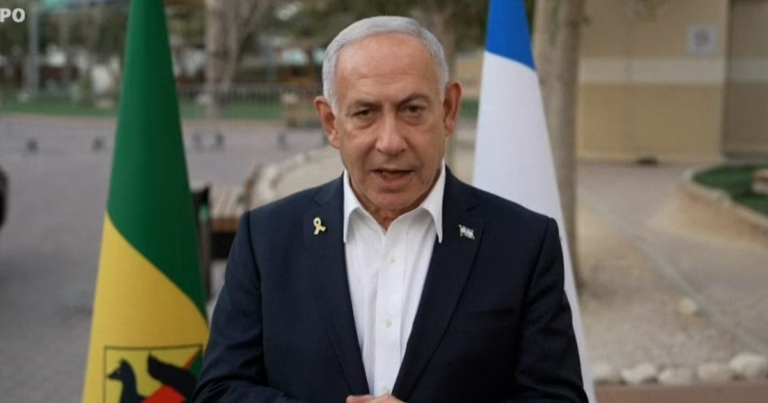<
div aria-live=”polite” aria-atomic=”true”>
Bhopal, India – In January this year in Ujjain, a city in the central Indian state of Madhya Pradesh, authorities bulldozed nearly 250 properties, including homes, shops, and a century-old mosque, to clear a sprawling 2.1 hectares (5.27 acres) of land.
The land belonged to the Madhya Pradesh Waqf Board. Derived from Arabic, “waqf” refers to moveable or immoveable properties – mosques, schools, graveyards, orphanages, hospitals, and even vacant plots – donated by Muslims for religious or charitable purposes to God, thereby making such property transfers irrevocable and prohibiting sale and other uses.
But the Ujjain waqf land was cleared for a so-called Mahakal Corridor, a $1bn government project surrounding the city’s famous Mahakaleshwar Temple.
India, home to more than 200 million Muslims, has the largest number of waqf assets in the world – more than 872,000 properties, spanning nearly 405,000 hectares (1 million acres), with an estimated value of about $14.22bn. They are managed by waqf boards in every state and federally-run territory.
Together, waqf boards are the country’s largest urban landowners and the third-largest overall, after the army and the railways respectively.
The Indian parliament is expected to discuss – possibly this week – amendments to the decades-old Waqf Act that has governed these waqf boards, and which has, over the years, entrenched more and more power in their hands. The amendment bill, proposed by Prime Minister Narendra Modi’s Hindu majoritarian Bharatiya Janata Party (BJP), could give the government unprecedented control over what happens with waqf properties.
Muslim groups allege that the Modi administration is using its parliamentary strength to further marginalise the minority community.
But even as the debate dominates television studio conversations, some activists and lawyers cite the Ujjain case as an example of a deeper set of problems that have long plagued waqf properties: years of mismanagement leading to encroachments, which the amended law might make worse.

‘A direct violation’
Madhya Pradesh, India’s second-largest state by size, has been governed by the BJP for most of the past 22 years, except for a brief period from December 2018 to March 2020 when the centrist Congress party was in power before it lost a majority in the state assembly.
Since being appointed the state’s chief minister in December 2023, Mohan Yadav, a BJP politician from Ujjain, has been preparing for Kumbh 2028, a Hindu pilgrimage held every 12 years on the banks of the city’s Shipra River. The demolition of waqf properties around the Mahakaleshwar Temple is widely viewed as part of the government’s acquisition of lands for the Kumbh pilgrimage, expected to draw millions of devotees.
Critics allege that state officials overlooked a 1985 government document that established that the Ujjain site was a Muslim graveyard where a historic mosque – large enough to accommodate 2,000 devotees – also stood. Over the years, influential builders with political connections illicitly sold plots for a residential colony there, resulting in more than 250 permanent structures that were razed in January.
The government’s acquisition document, obtained by Al Jazeera, reveals that in June 2023, a revenue department officer in Ujjain objected to the state administration’s plan to take over the waqf land. In his note, the officer wrote that residents had shown him a 1985 gazette notification, proving that it was a waqf land.
The officer suggested that a “No Objection Certificate” should be obtained from the state waqf board to acquire the land. A month later, however, the Ujjain district administration issued an order, saying there was “no permission required when [land is] acquired for social cause”.
“The acquisition is a direct violation of the Waqf Act,” said lawyer Sohail Khan, who has challenged the Ujjain takeover in court.
Though the government paid 330 million rupees ($3.8m) as compensation to people whose houses or shops were demolished in January, many in the city asked why the Waqf Board had not claimed that amount – as opposed to people who had purportedly occupied the plot illegally to set up homes and shops there.
When Al Jazeera asked Sanawar Patel, chairman of the Madhya Pradesh Waqf Board and a BJP leader in Ujjain, why he did not oppose the acquisition or claim compensation, he said: “I would do what the party orders because I am here because of the party.”
He said that the Waqf Board wrote a letter to the Ujjain district administration asking it not to disburse the compensation to the residents of
Source: https://www.aljazeera.com/news/2025/3/25/government-encroachment-of-indias-waqf-lands-a-madhya-pradesh-example?traffic_source=rss







